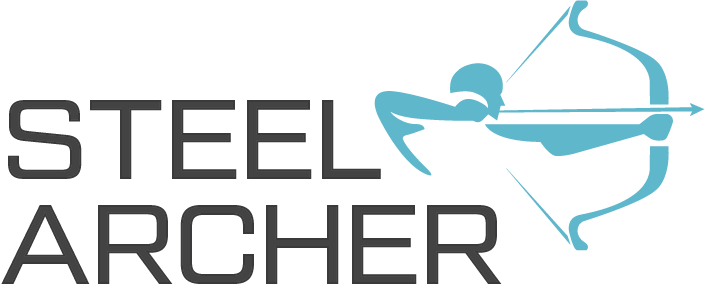Digital transformation is an ongoing process for many organizations, and while some challenges can be addressed or mitigated, it’s important to note that not all challenges can be completely resolved. However, organizations can adopt strategies and best practices to better manage these challenges. Here are some common digital transformation challenges and ways to address them:
- Resistance to Change: Employees and stakeholders may resist changes brought about by digital transformation. This can be due to fear of job displacement, unfamiliarity with new technologies, or a reluctance to depart from established processes.
Resolution: Foster a culture of change by providing training and support to employees. Communicate the benefits of digital transformation clearly and involve employees in the process to address their concerns and gain their buy-in. - Legacy Systems Integration: Many organizations have legacy systems that are not easily compatible with new digital technologies, making integration a challenge.
Resolution: Invest in middleware and integration platforms to bridge the gap between legacy systems and new digital tools. Consider gradual modernization instead of a complete overhaul. - Data Management and Security: Handling and securing the vast amounts of data generated by digital transformation efforts can be a significant challenge, especially in compliance-heavy industries.
Resolution: Develop a robust data strategy that includes data governance, encryption, and compliance measures. Invest in cybersecurity tools and training to protect data assets. - Lack of Skilled Talent: Finding and retaining talent with the necessary digital skills, such as data science, AI, and cybersecurity, can be difficult.
Resolution: Invest in training and upskilling programs for existing employees. Collaborate with educational institutions to develop pipelines for digital talent. Consider outsourcing or partnering with specialized firms. - Cost Overruns: Digital transformation projects often require substantial investments, and cost overruns can be a concern.
Resolution: Develop a detailed budget and project plan with clear milestones. Regularly monitor and adjust the budget as needed. Conduct thorough vendor evaluations to avoid unexpected costs. - Lack of Clear Strategy: Not having a clear digital transformation strategy can lead to disjointed efforts and wasted resources.
Resolution: Develop a comprehensive strategy that aligns with the organization’s goals and involves all relevant stakeholders. Regularly revisit and adjust the strategy as needed. - Customer Experience Challenges: Transforming the customer experience can be challenging, as it involves not only technology but also changes in processes and culture.
Resolution: Start with a customer-centric approach, gathering feedback and involving customers in the design process. Continuously monitor and improve the customer experience as part of ongoing digital transformation efforts. - Regulatory and Compliance Issues: Many industries face strict regulatory requirements that can complicate digital transformation efforts.
Resolution: Work closely with legal and compliance teams to ensure that digital initiatives adhere to regulations. Invest in compliance technologies and tools that automate and streamline compliance processes. - Measuring ROI and Success: Determining the return on investment (ROI) and success of digital transformation projects can be challenging without clear metrics and KPIs.
Resolution: Establish Key Performance Indicators (KPIs) and metrics that align with the organization’s goals. Regularly assess progress and adjust strategies based on data-driven insights. - Vendor Lock-In: Relying on a single vendor for critical digital tools can create dependency and limit flexibility.
Resolution: Adopt open standards and interoperable solutions whenever possible. Have contingency plans in place for switching vendors if needed.
Remember that digital transformation is an ongoing journey, and challenges will continue to evolve. Organizations should remain adaptable and continue to innovate as technology and business landscapes change. Steel Archer has a proven track record of getting this right.

